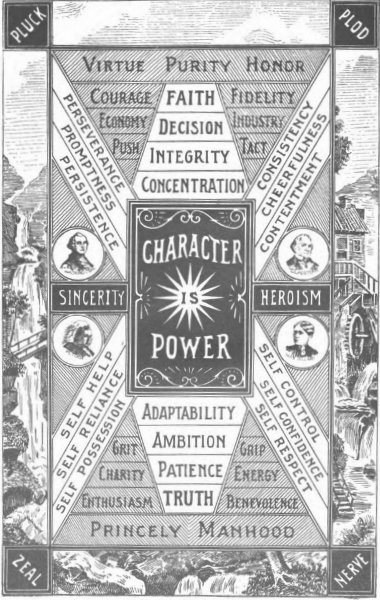- Joined
- Jun 21, 2007
- Messages
- 4,656
- Reaction score
- 643
- Location
- Suburbia
- Gender
- Male
- Political Leaning
- Independent
"PEOPLE learns that Patterson graduated in 2015 from Northwood High School in Minong, Wisconsin. The student body there was small; there were only 34 other members of Patterson’s graduating class.
Schoolmates remember Patterson as quiet and withdrawn. His yearbook notes his only extracurricular activity was as a member of the Quiz Bowl team. His senior yearbook quote was “I’m finally done with school.”
Most of Thomas’ classmates did not want to talk about him to PEOPLE. But Brooke Keller, who was two years ahead of Patterson in school, did speak about him, saying she only remembers him because the school was so small.
“Honestly, he didn’t stand out at all,” Keller tells PEOPLE. “I can’t tell you a single story about him, because he didn’t do anything. If it was just you and him in a room, no one would talk.”
https://people.com/crime/jayme-closs-suspect-jake-thomas-patterson-high-school/
https://www.google.com/search?sourc...j0i22i30j0i22i10i30j33i299j33i160.j4J1Dxgsf6w
My point is that there are sometimes signs that some one has social skill deficits as they are growing up. Is it the parent's sole responsibility to educate their children with Emotional Intelligence? What opportunities and options do schools and staff have to assist students to develop skills of social interaction? There is push back from advocacy groups working to promote autism range services and privileges.
Was Jayme's kidnapper within the Autism range? Other recognized learning disabilities? Should parents and teachers of students with low social skills take a more active role in alleviating the deficits?
Or should low social skills just be ignored, and crimes the might be prevented, just be allowed to transpire, as a certain percentage to happen, as inevitable?
Some schools have utilized character development discussion structures in the curriculum.
Can components of factors contributing to criminal occurrences be separated out for partial improvements?
//
Schoolmates remember Patterson as quiet and withdrawn. His yearbook notes his only extracurricular activity was as a member of the Quiz Bowl team. His senior yearbook quote was “I’m finally done with school.”
Most of Thomas’ classmates did not want to talk about him to PEOPLE. But Brooke Keller, who was two years ahead of Patterson in school, did speak about him, saying she only remembers him because the school was so small.
“Honestly, he didn’t stand out at all,” Keller tells PEOPLE. “I can’t tell you a single story about him, because he didn’t do anything. If it was just you and him in a room, no one would talk.”
https://people.com/crime/jayme-closs-suspect-jake-thomas-patterson-high-school/
https://www.google.com/search?sourc...j0i22i30j0i22i10i30j33i299j33i160.j4J1Dxgsf6w
My point is that there are sometimes signs that some one has social skill deficits as they are growing up. Is it the parent's sole responsibility to educate their children with Emotional Intelligence? What opportunities and options do schools and staff have to assist students to develop skills of social interaction? There is push back from advocacy groups working to promote autism range services and privileges.
Was Jayme's kidnapper within the Autism range? Other recognized learning disabilities? Should parents and teachers of students with low social skills take a more active role in alleviating the deficits?
Or should low social skills just be ignored, and crimes the might be prevented, just be allowed to transpire, as a certain percentage to happen, as inevitable?
Some schools have utilized character development discussion structures in the curriculum.
Can components of factors contributing to criminal occurrences be separated out for partial improvements?
//
Last edited:

